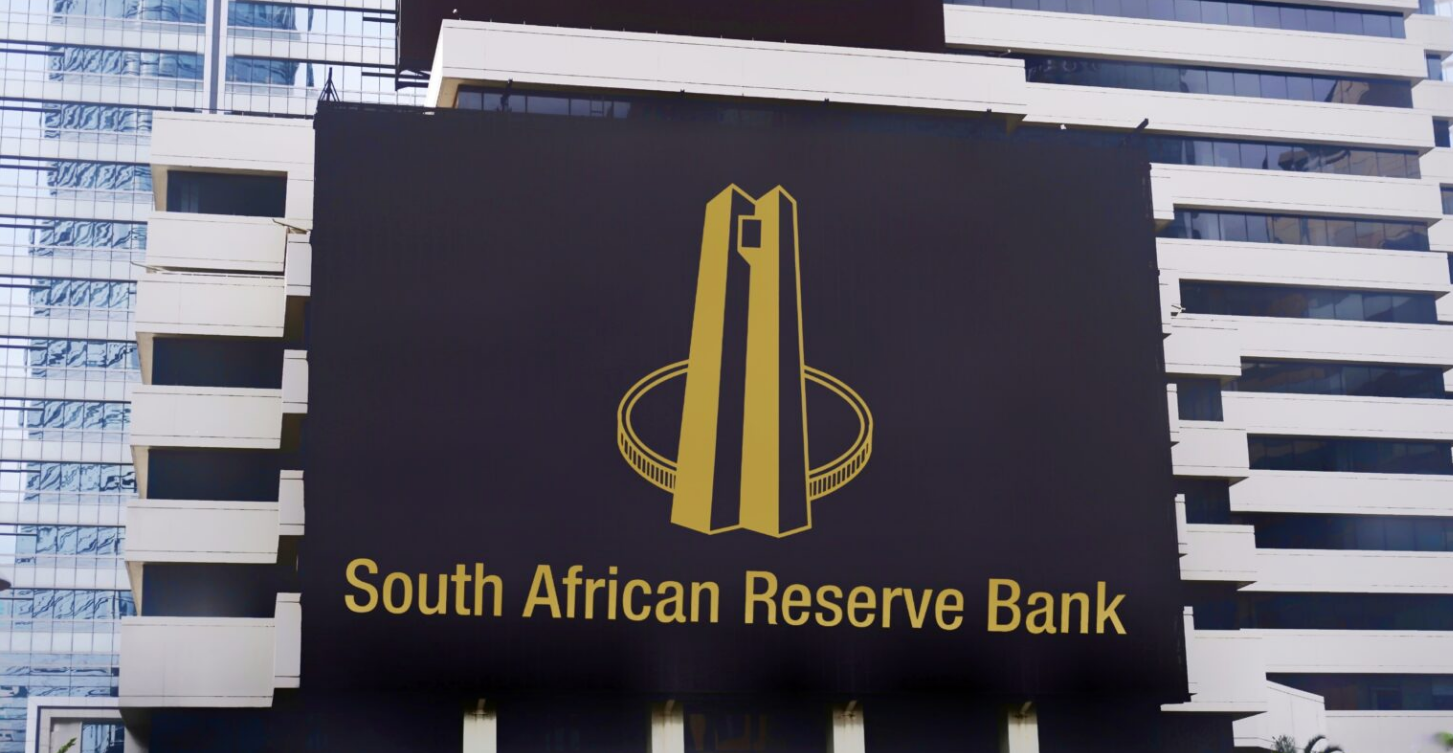Picture Credit iStock
By Aisha Zardad
Gauteng: South Africa is entering a new phase in its financial landscape as traditional cash usage declines sharply and digital transactions continue to rise. Major banks are accelerating the shift by closing physical branches and ATMs, while services such as Instant Money are expanding to accommodate those still reliant on cash.
Industry experts warn that the trend, while modernising the banking sector, risks widening financial inequality for those unable to access digital platforms.
Ettienne Mostert, Business Development and Partnerships Manager at the University of Cape Town’s Hasso Plattner d-school Afrika, said the pace of branch closures is unprecedented. “South Africa’s major banks are closing physical branches and ATMs at an unprecedented rate. Standard Bank, for example, has reduced its branch footprint by 42% since 2017,” he said.
Other major banks — including Absa, FNB and Nedbank — have also reduced in-person infrastructure while promoting mobile and online banking services. Although digital banking has improved convenience for millions, an estimated 3.9 million South Africans remain unbanked and risk being excluded from the digital finance system.
Instant Money Bridging the Divide
To mitigate this, Standard Bank has significantly expanded its Instant Money service, which enables digital cash transfers without requiring recipients to hold a bank account. The bank reports a 169% increase in Instant Money transactions over the past five years and the addition of more than 200,000 new digital users this year alone.
This growth reflects rising demand for fast, low-value transfers — particularly among families supporting relatives in rural and township areas.
400,000 New Cash-Out Points
In response to surging usage, Standard Bank has expanded its Instant Money Cashout network to more than 400,000 withdrawal points nationwide, partnering with Flash, Shop2Shop and OTT to increase reach in peri-urban and rural communities.
“This is a major step forward in expanding financial access for our customers,” said Kabelo Makeke, Head of Personal and Private Banking at Standard Bank. “Many people in small towns and rural areas face long trips to reach an ATM or branch.”
Cash-out points have been established at spaza shops and local retailers in areas such as Hammanskraal, Umlazi, Giyani, Tzaneen, Thohoyandou and remote parts of the Eastern Cape. When one provider was not accessible, the bank partnered with whichever service was most commonly used in the community.
Makeke said the initiative also boosts informal economies. “This innovation doesn’t just make life easier for customers. It also supports the township and rural economy,” he said.
Instant Money withdrawals are also available at 17 national retail chains — including Shoprite, Checkers, Pick n Pay, Boxer, Spar and PEP — as well as Standard Bank ATMs.
A Changing Financial Landscape
The shift comes as more South Africans send smaller amounts of money more frequently, raising travel costs for those who must collect funds physically. Standard Bank says improving access is essential to financial inclusion. “We can’t improve financial inclusion without making access easier,” Makeke said.
As South Africa moves toward a cash-light economy, the banking sector faces the challenge of modernising while ensuring vulnerable and unbanked citizens are not left behind.






